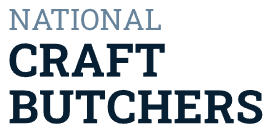- Home
- Eat like a lioness
Eat like a lioness
Former Lioness Anita Asante transforms into a lioness to encourage girls to eat like their sporting heroes
As part of the We Eat Balanced campaign, AHDB has partnered with Anita Asante – who has 71 England caps and has won the Women's FA Cup four times – and former nutritionist to the England women’s football team Dr James Morehen to raise awareness of the benefits of a balanced diet that includes red meat and dairy, which are some of the most nutrient-dense foods available.
The campaign, Eat like a lioness, aims to help more young athletes realise their full potential by understanding the science of what they eat, rather than feeling pressurised into restricting their diet unnecessarily.
Research shows that a third of girls (35%) play football, with many inspired to start by the current women's England football team. [1] However:
- 53% of teenage girls told AHDB they restrict what they eat
- 44% have experienced tiredness and a lack of energy in the last year
- 29% say they have cut back on dairy or red meat in the last year
- A quarter (26%) either have been diagnosed with, or suspect they have, either a vitamin B12 or iron deficiency.
Therefore, the campaign encourages parents and coaches to provide more guidance on nutrition, helping athletes make informed food choices. By educating young athletes about the science-based benefits of a balanced diet, that includes meat and dairy, this will support young girls in their athletic endeavours.
AHDB emphasises that while incorporating meat and dairy products into a young athlete’s diet is important, it is equally vital to maintain a well-rounded and balanced eating plan.
Encouraging the consumption of lean cuts of meat and dairy products while also incorporating ample amounts of fruit and vegetables, whole grains and legumes ensures a comprehensive nutritional approach.
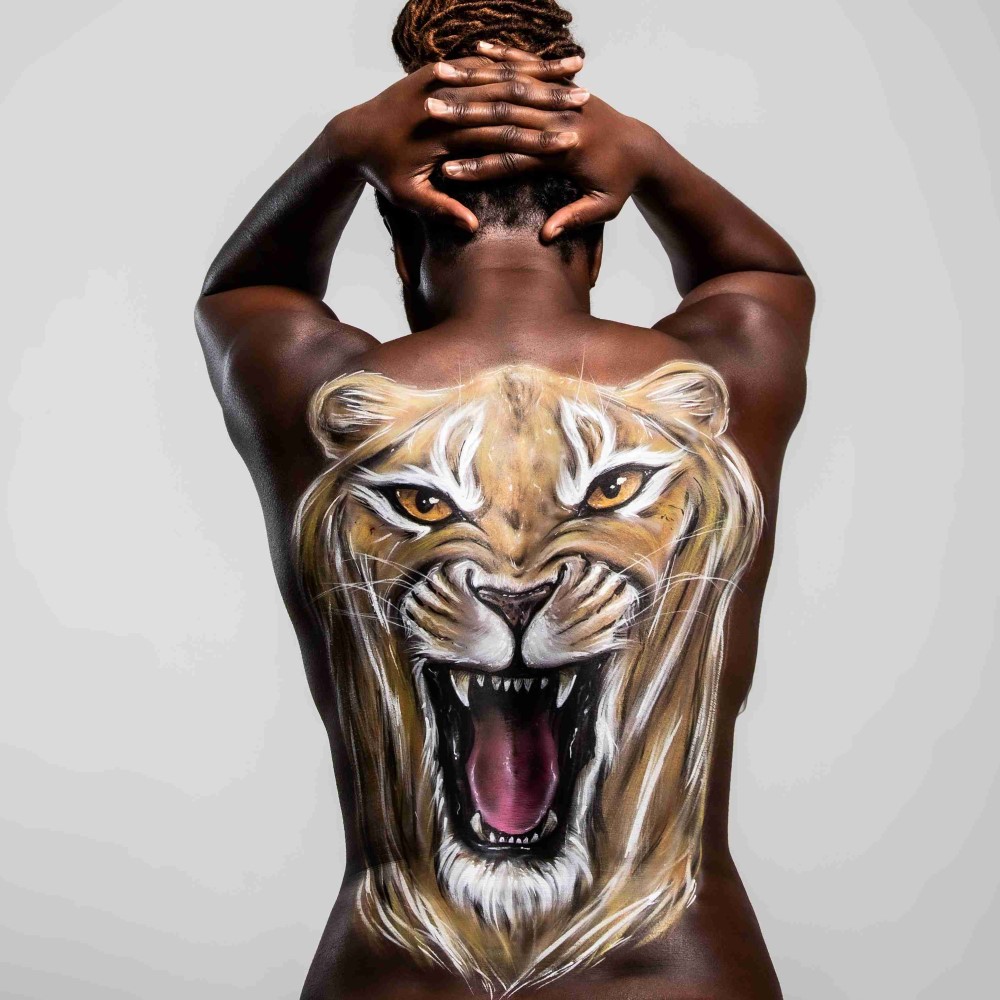
Former performance nutritionist for the England women’s team Dr James Morehen says:
"Young athletes, especially girls, require proper nourishment to meet the demands of a physically active lifestyle. Often overlooked, lean red meat and dairy are the main source of a range of vitamins and minerals that contribute to good health, including nutrients that can be more difficult to get from a plant-based diet, such as calcium, iron, high-quality protein and vitamin B12.
"It's not just about eating enough food, it's about eating the right balance of food. We know the healthier and more varied a diet you have, the more likely you are to achieve recommended nutrient intake levels.
"Three in 10 girls (29%) say they have cut back on dairy or red meat in the last year – with many wrongly believing it's not good for their health (37%), or that it will make them put on weight (18%).
"For anyone looking to achieve a healthier more active lifestyle this year, my recommendation is to maintain a varied and balanced diet – and to not ditch certain foods unnecessarily. Then you are giving yourself the best possible chance of achieving adequate nutrient intakes and not missing out on health benefits."
To support the campaign Dr Morehen will be providing his top tips in short, informative videos that will be shared on social media.

Former Lioness Anita Asante speaks about the importance of diet in her sporting career:
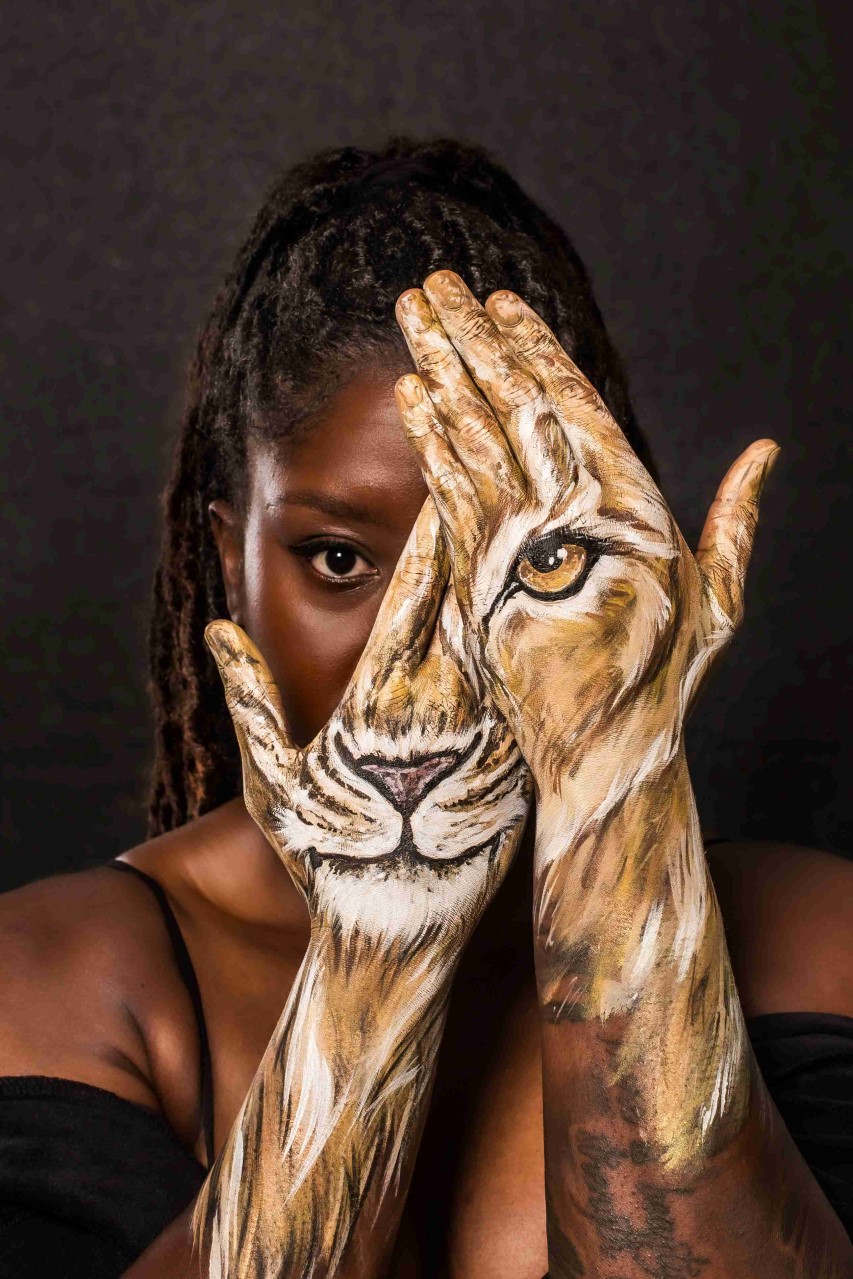
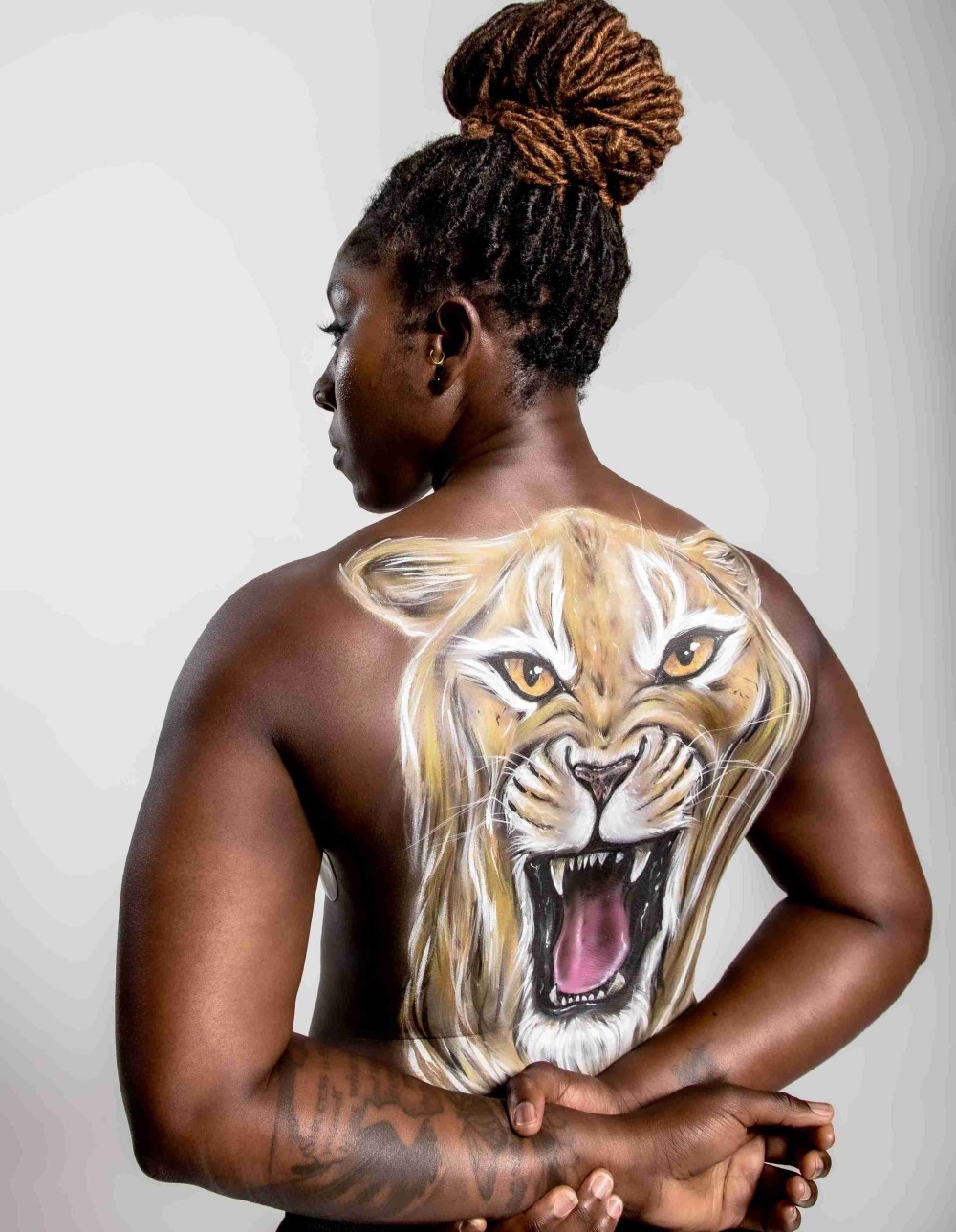
"Without ample fuel before a big game, I wouldn't stand a chance at performing optimally on pitch – both physically and mentally. The night before a big match I'd usually eat something with proteins and carbs for energy – such as spaghetti bolognese with lean beef mince, in fact it became a bit of a ritual for me.
"The morning of the game, I'd also have porridge with milk to ensure that when I'm on the pitch I'm fuelled with all the key nutrients that are needed to ensure my body is prepared for the physical demands of the game. Eating a balanced diet is critical in sport."
Anita worked with specialist body artist Kate Monroe to transform her hands and back into a distinctive lioness's face. The artwork took over five hours to complete and aims to highlight the need for a diverse, nutrient-rich diet, particularly for active teens.
Campaign activity
Press coverage highlights
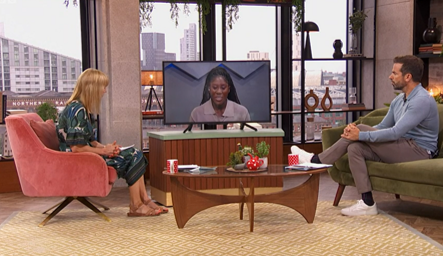
As part of the campaign, Anita Asante and Dr James Morehen spoke to the media about the importance of a healthy balanced diet that includes red meat and dairy. Our press highlights are captured below.
So far over 52 pieces of coverage have been achieved nationally and regionally across TV, radio, online and in print with Anita Asante and Dr James Morehen, including BBC Morning Live, TalkSport and Sunday Express, reaching an audience of over 45 million.

Anita Asante 'becomes a Lioness' once again ahead of the Women's World Cup
Former actual England Lioness Anita Asante transforms herself into a artistic carnivore to help inspire teenage girls into eating healthily

Social media dieting fads ‘fuelling health crisis in teenage girls’
New research released shows 26 percent of girls have been diagnosed with, or suspect they have a vitamin B or iron deficiency. More than 2 in 5 - 44 percent - have experienced tiredness or loss of energy.

How to eat like a sports professional
Dr James Morehen, the former performance nutritionist for the England women's soccer team, has teamed up with the Agriculture and Horticulture Development Board (AHDB) to raise awareness of the benefits of a balanced diet.

AHDB and England footballer launch 'Eat like a Lioness' campaign
Former England footballer Anita Asante has been transformed into a lioness amid the Women’s Football World Cup to encourage teenage girls to ‘eat like a lioness’ to improve their performance.

Former Lioness Anita Asante transforms into an ACTUAL lioness
... to encourage girls to eat like their sporting heroes.
Social media activity
The campaign was amplified across social media and reached an audience of over 2 million, with over 7 million content views. Anita's beef recipe and balanced smoothie ads performed strongly, with 3.7 million views between them.
View the social media activity on the We Eat Balanced social channels - Instagram and Facebook.
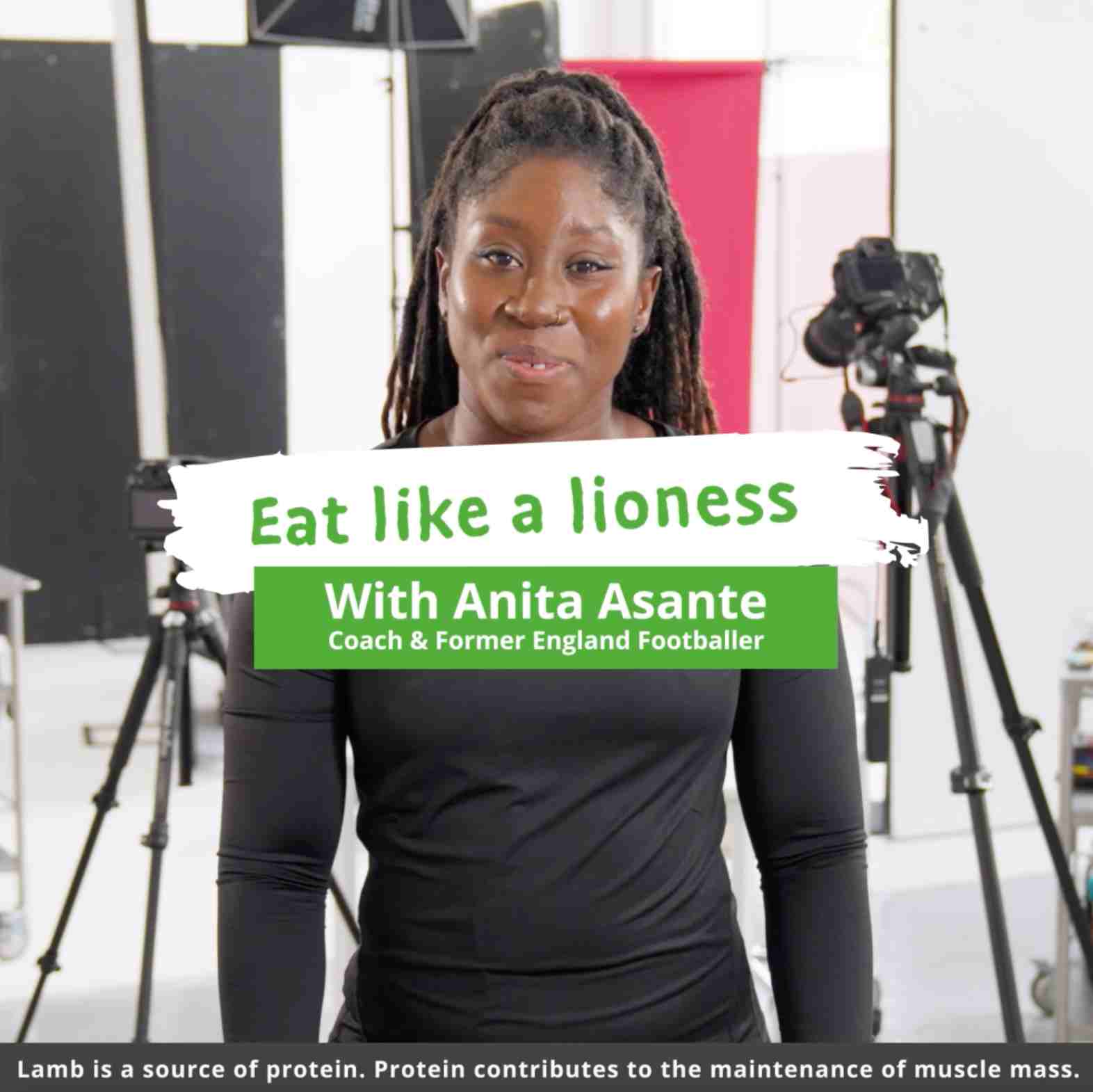
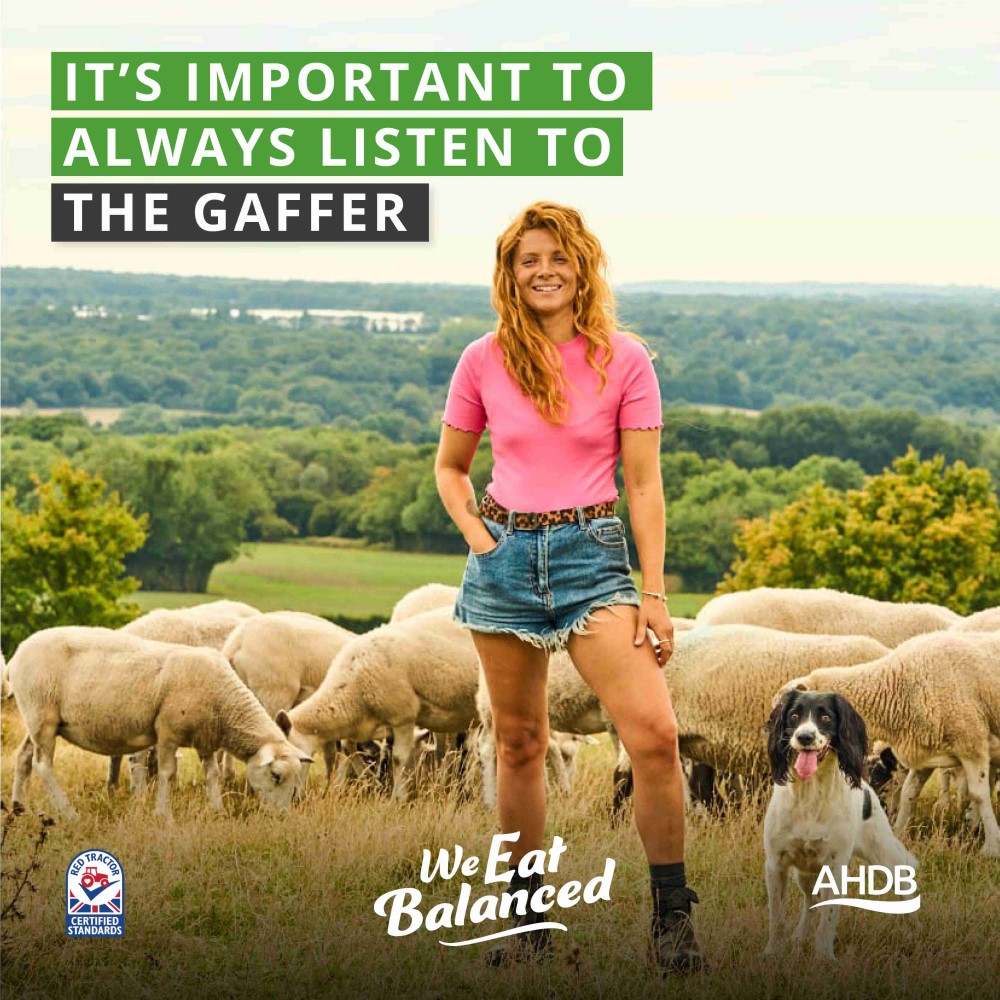
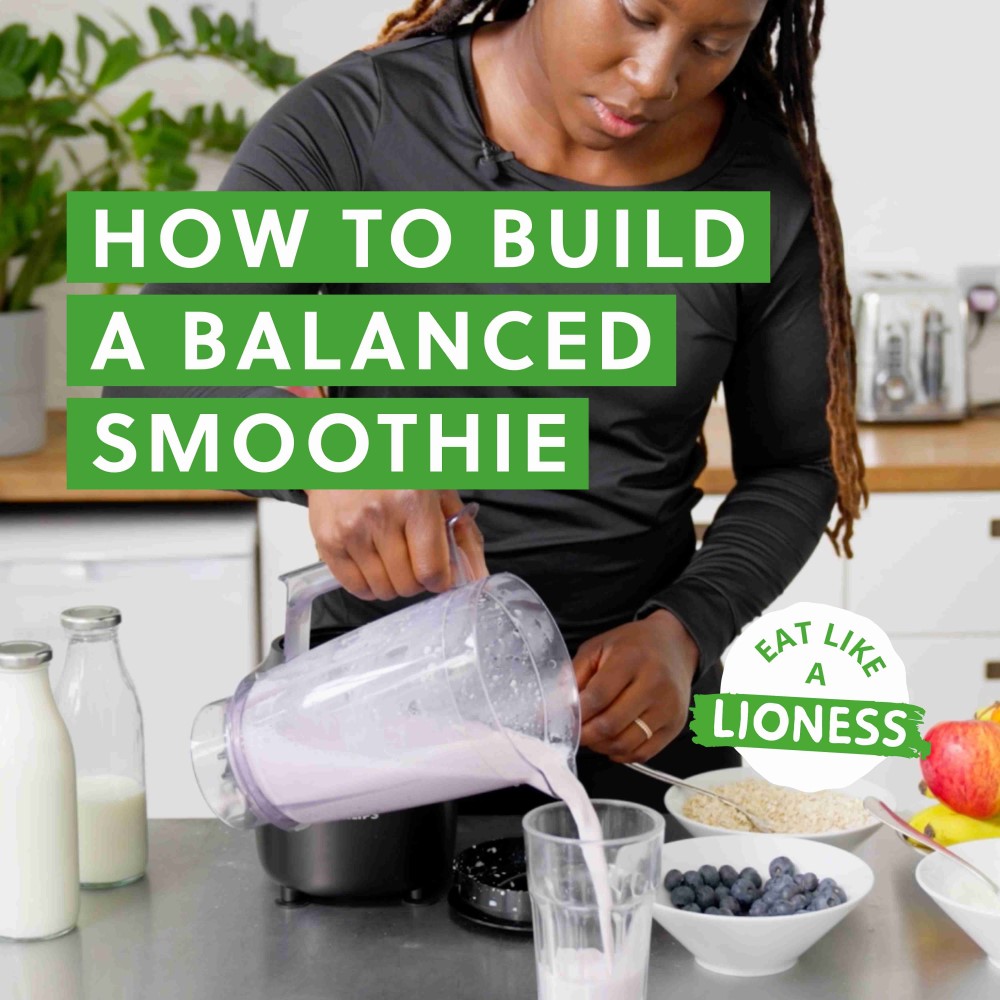
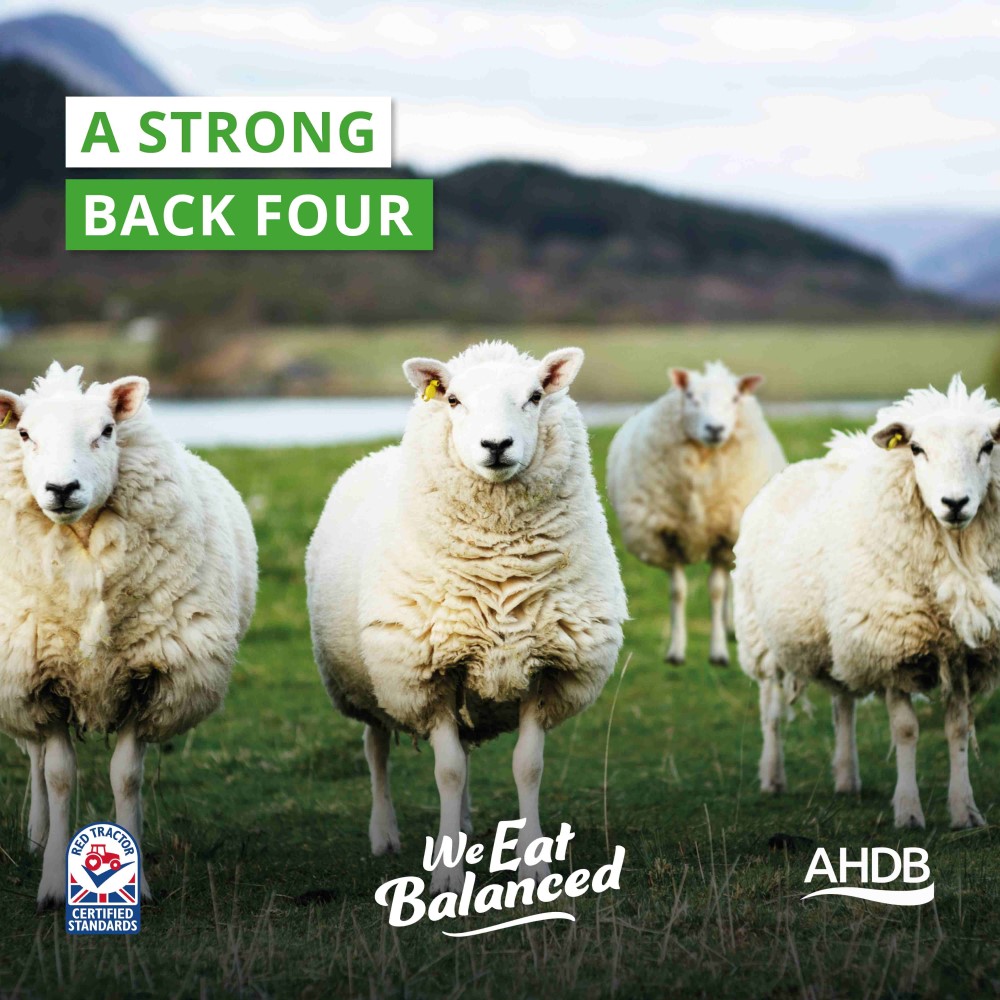
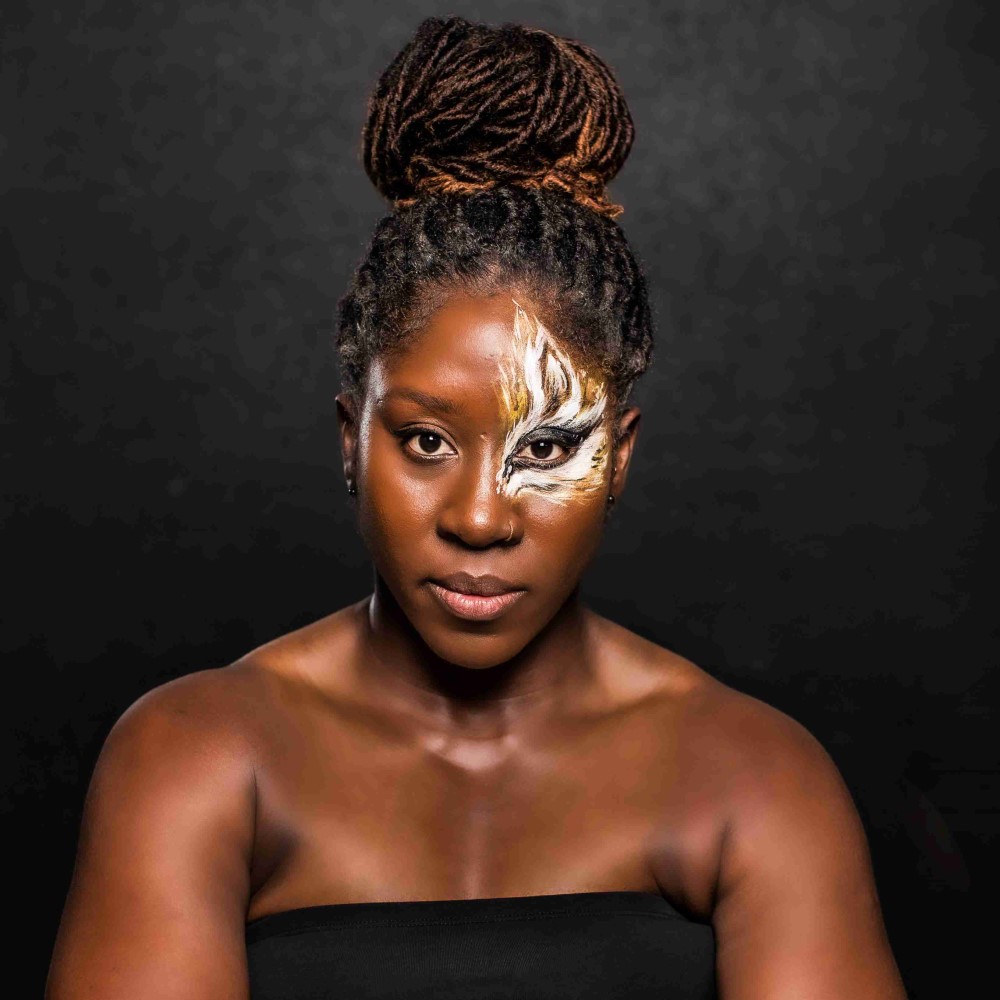
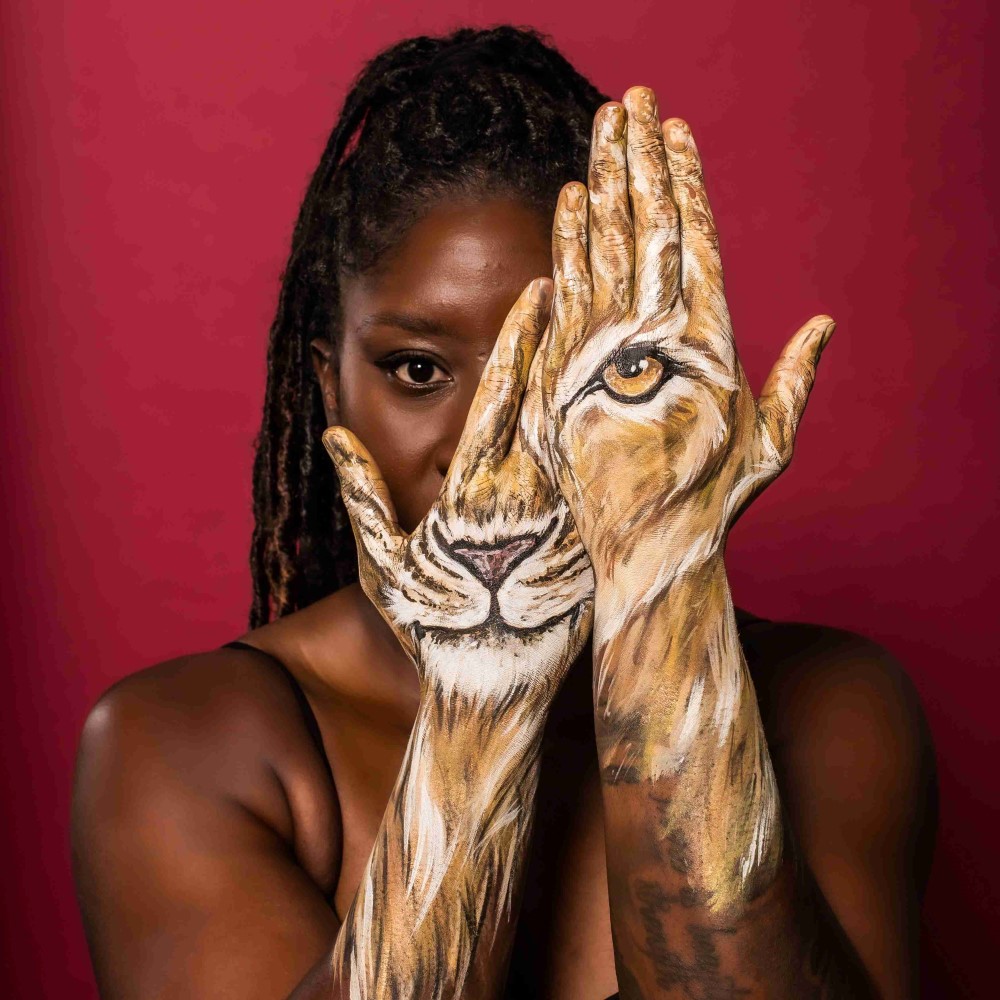

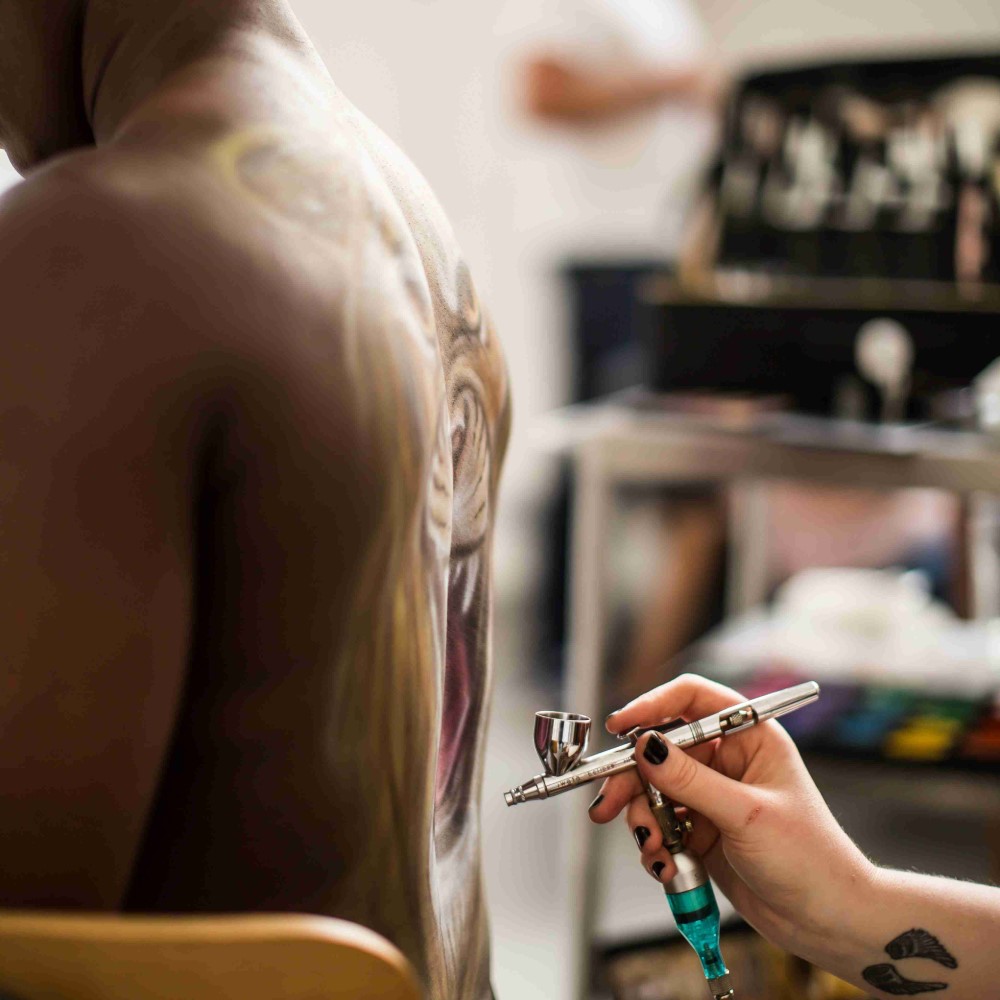
[1] Including a tenth (11%) of girls aged 15–17 who have been inspired by England women’s team’s recent tournaments.


